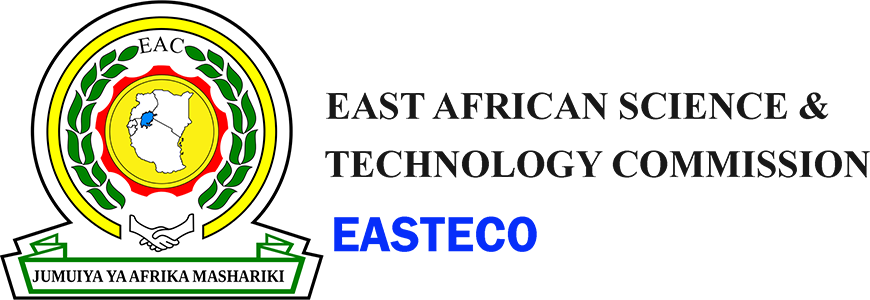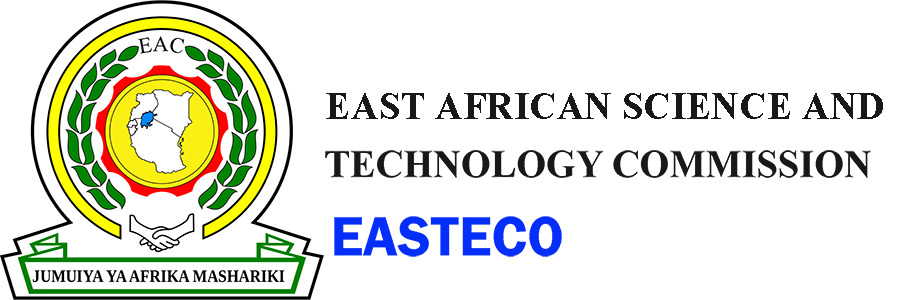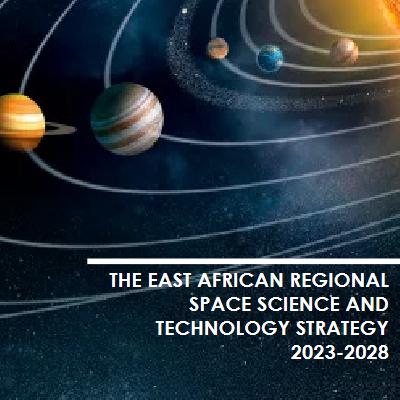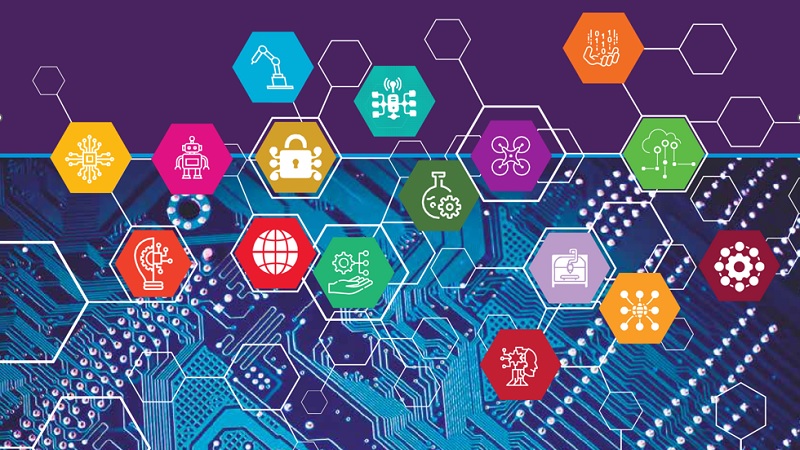The overall objective of EASTECO is to promote and coordinate the development, management and application of science and technology to support EAC regional integration and socio-economic development. One of the objectives of EASTECO is to develop regional science and technology policy frameworks and strategies, and to promote the use and development of indigenous knowledge and technologies (IKT). Indigenous Knowledge and Technology refers to intricate knowledge and technology systems acquired over generations by communities as they interact with the environment.
It encompasses technological, economic, philosophical, learning and governance systems. It is a body of empirical knowledge and beliefs handed down through generations of inhabitants of a specific locale, by cultural transmission, about the relationship of living beings with each other and their environment. The legal framework for the protection of IK can either be through the existing intellectual property framework or a sui generis system of protection. When existing intellectual property regime does not offer an effective solution for the protection of IK, the alternative is to have a sui generis system of protection as set out in the African Union model law or the Swakopmund Protocol. The main aim of sui generis type of protection is to offer protection that is unique to IK systems, as well as to ensure that IK is preserved, is protected against misuse and misappropriation, and allows for access and benefit sharing. Defensive protection involves the creation of databases to ensure that information is not used for example to obtain patent protection without the authority of the rights holder. In this regard, cases to consider include the Traditional Knowledge Digital Library and the documentation of traditional knowledge in other forms.
The vision of the strategy is a Community that preserves, protects and economically exploits indigenous knowledge and technologies for socio-economic development of its people whereas the mission is to promote and develop indigenous knowledge and technology systems and uplift the wellbeing of the people and contribute to socio-economic development.
The priority areas of the strategy include: Development and promotion of IKTS, Promotion of Cooperation in IKTS, Integration of IKTS in education and the regional qualifications, Integration of IKTS in the regional innovation system, Integration of IKT in the regional research and development strategy, Human resource development and capacity building and Public understanding and awareness of IKTS.














